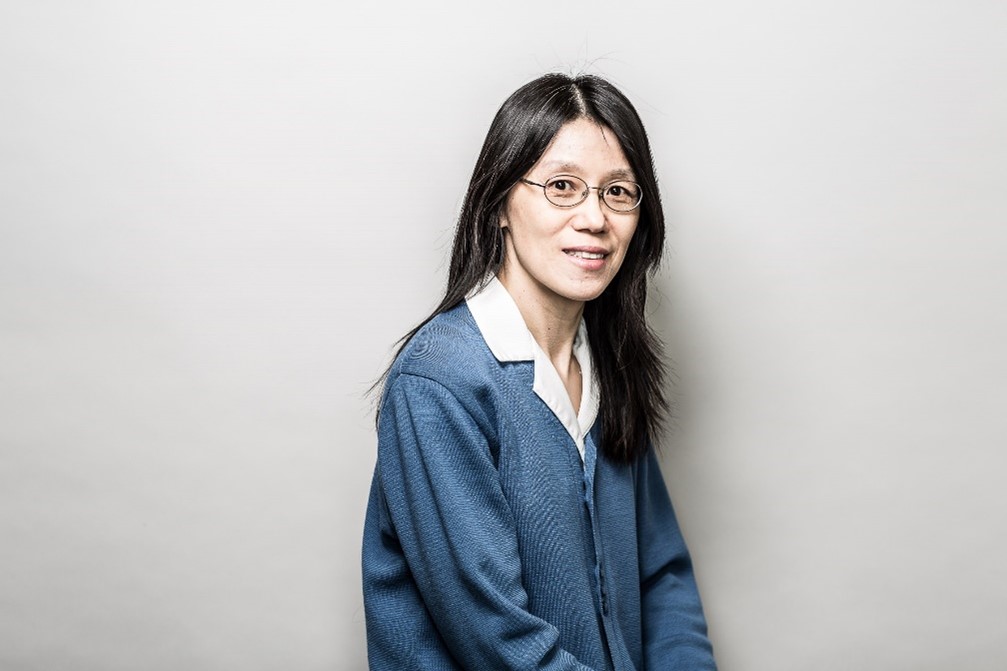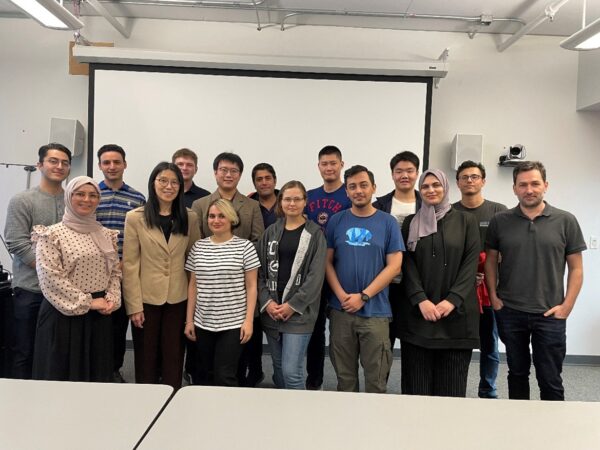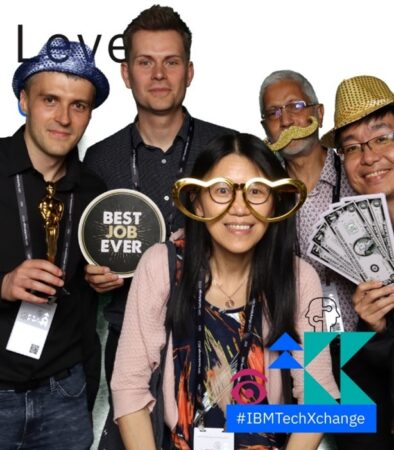Researcher Spotlight: Professor Aijun An’s algorithm for success begins with strategic partnerships
Tags:

Get to know the bright minds shaping our world. Our ‘Researcher Spotlight’ series celebrates the trailblazing researchers at the Lassonde School of Engineering, diving into their journeys and innovations.
—
Aijun An is a professor in the Electrical Engineering & Computer Science department at the Lassonde School of Engineering whose research is focused on solving diverse computing challenges using artificial intelligence (AI) technologies.
“Back when I started my educational journey, computers were not accessible to the general public, so the idea of computer science seemed revolutionary,” says Professor An. “I always excelled at mathematics and my parents encouraged me to pursue my talents, so that’s how I got into this field.”
Professor An’s research focuses on various topics within the scope of AI, including data mining, machine learning and natural language processing. Her research approach is strategic, bridging the gap between academia and industry by collaboratively working with global partners to solve real-world challenges.
She has worked with numerous organizations like IBM, iNAGO Corporation and The Globe and Mail, to name a few.
Her research outcomes have been incorporated into many of these partners’ products, such as iNAGO’s assistant platform, netpeople® and The Globe and Mail’s AI tool, Sophi. The latter has received several global media awards due to its AI-powered, dynamic paywall mechanism resulting from original system innovations invented by Professor An’s team.
In collaboration with iNAGO, Professor An is developing smart conversational systems for automobile drivers. She is creating new methods to automatically generate the knowledge base from automobile manuals, enabling drivers to converse with their vehicles about services and data.
“The opportunity to work with industry partners has helped advance my work in many ways,” says Professor An. “I can see the direct applications of my research and the ways it has improved the productivity of my industry partners. These collaborations are also particularly beneficial to my students who have many opportunities to gain practical skills and experience working within a company while receiving constructive feedback from industry professionals.”

Through a long-standing partnership with IBM, Professor An is applying AI technologies to enhance the company’s computing capabilities. Currently, she is working on optimizing their job scheduling program using deep reinforcement learning. By assigning different graphics processing units (GPUs) to specific jobs, this project aims to increase the overall efficiency of job scheduling.
Professor An is also working with IBM on a data migration project which explores how machine learning technologies can improve the performance of data transfer systems. The applications of this work are crucial for companies that frequently move large amounts of data from one location to another and require a fast and effective transfer process.
Professor An’s trailblazing efforts have been funded by many government agencies and industry partners. She and her colleagues also received a substantial $3.5M grant from the Ontario Research Fund – Research Excellence program, which helped support her Big Data Research, Analytics and Information Network (BRAIN) project from 2015-2021. Professor An is actively serving many academic communities in her field. She fulfills roles on various program committees for conferences hosted by world-renowned organizations, like the Institute of Electrical and Electronics Engineers (IEEE) and the Association for Computing Machinery (ACM). She has also served as a program committee member of ACM’s Special Interest Group on Knowledge Discovery and Data Mining conference (SIGKDD), recognized as the premier international forum for data mining researchers and practitioners, for over 20 years.

“I have been very lucky to work with talented and supportive colleagues and students who have helped me get to where I am today,” says Professor An. “In particular, I appreciate the mentorship and support from my PhD supervisor, Dr. Nick Cercone, who was a strong advocate of academic-industry collaborations. I also felt encouragement from Lassonde since joining the School. Everyone has always been open to supporting my work, especially during the time I was leading the BRAIN project.”